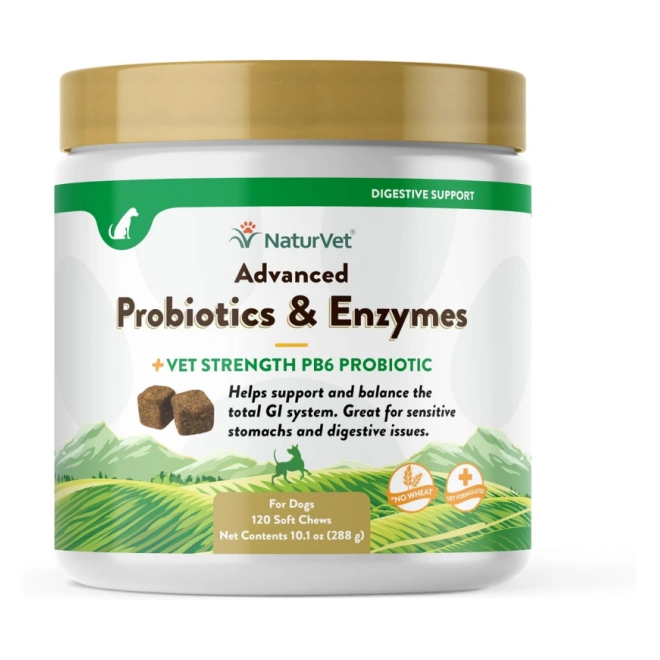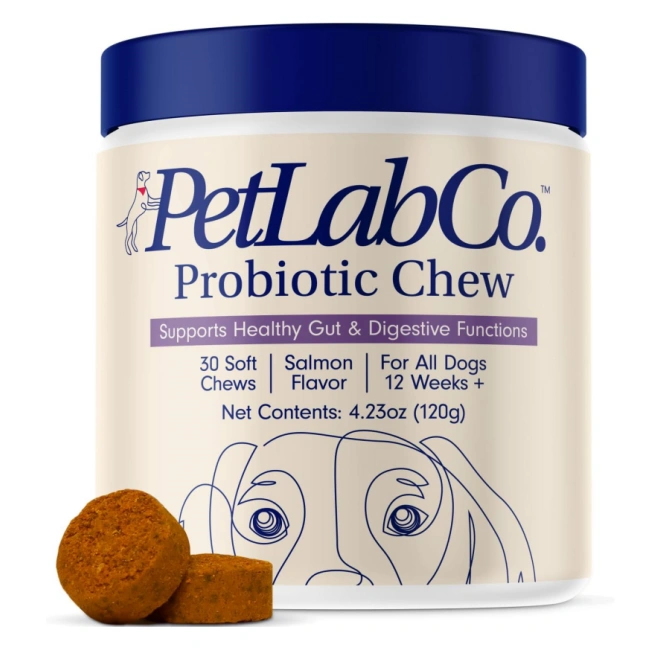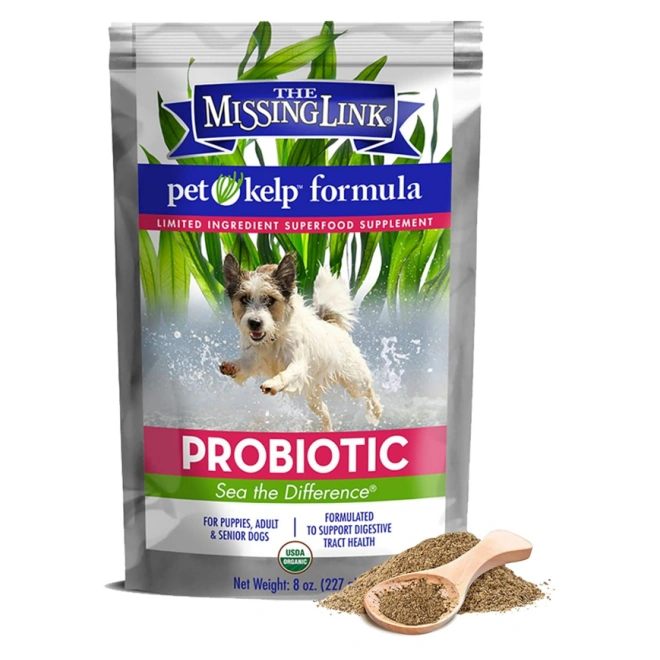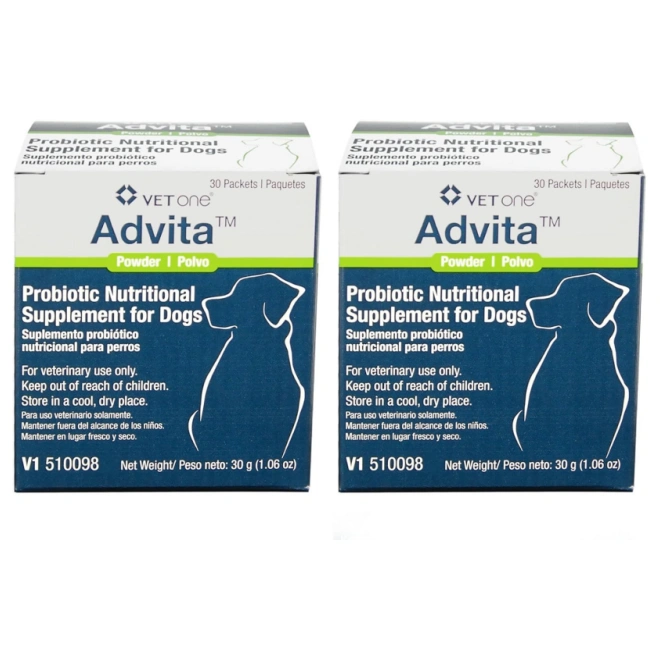How Long Should a Dog Be on Probiotics: Complete 2025 Guide
Pet owners often wonder: how long should a dog be on probiotics before they start to work? If your dog struggles with gas, diarrhea, or digestive upset, waiting for results can feel frustrating. Digestive imbalances not only cause discomfort but may also weaken your pet’s immune system. The good news is that with the right use of probiotics, you can see short-term relief and long-term health improvements. This guide will explain how long it takes probiotics to work in dogs, when to give them, and why consistency matters.
How Probiotics Work in Dogs
Balancing the Gut Microbiome
Probiotics are live microorganisms that help restore the balance of healthy bacteria in your dog’s digestive system. They encourage the growth of beneficial strains while reducing harmful bacteria. This balance supports digestion, reduces gas, and strengthens immunity.
Why Results May Vary
The answer to how long for probiotics to work in dogs depends on several factors:
Age – Puppies and senior dogs may respond more slowly than adult dogs.
Health condition – Dogs recovering from antibiotics or digestive illness may need longer periods.
Diet – High-quality, digestible food helps probiotics work faster.
How Long Should a Dog Be on Probiotics?
Short-Term Improvements (1–3 Days)
For dogs with mild diarrhea or gas, you may notice firmer stools or reduced bloating within 1–3 days. However, these are early signs, and the gut still needs time to stabilize.

Moderate Results (1–2 Weeks)
Most dogs show noticeable improvements in digestion and energy within 1–2 weeks. This is the average time frame for probiotics to start reshaping the gut microbiome.
Long-Term Benefits (4–8 Weeks or More)
For chronic digestive issues, allergies, or immune concerns, probiotics should be continued for at least 4–8 weeks. This period allows beneficial bacteria to establish themselves and provide lasting health support.
Best Time to Give Probiotics to Dogs
With Meals
Giving probiotics alongside food protects them from stomach acid and increases survival rates, ensuring more beneficial bacteria reach the gut.
Special Circumstances
Antibiotics – Always give probiotics at least 2 hours apart from antibiotic doses.
Stressful events – Before boarding, travel, or diet changes, start probiotics one week in advance.
Daily maintenance – Regular supplementation supports consistent digestive and immune health.

How Long Does It Take Probiotics to Work in Dogs?
Fast Response
Dogs with simple diarrhea or bloating may respond in just a few days. Symptoms like loose stools often improve quickly.
Chronic Issues
Everything Our Vets Recommend
For conditions such as inflammatory bowel disease, pancreatitis, or frequent digestive upset, how long do probiotics take to work in dogs may extend to several weeks. Patience and consistency are key.

How Long Should a Dog Be on Probiotics FAQs
How long for probiotics to work in dogs?
Most dogs show improvements in 1–3 days, stronger results in 1–2 weeks, and long-lasting benefits after 4–8 weeks of consistent use.
How long do probiotics take to work in dogs with chronic problems?
For dogs with long-term digestive or immune conditions, probiotics may take 6–8 weeks before full improvements are seen.
How long does it take probiotics to work in dogs if used daily?
Daily use allows probiotics to build stable colonies in the gut, providing visible results in 1–2 weeks and continued benefits with long-term use.
Final Thoughts
So, how long should a dog be on probiotics? Short-term relief often comes within a few days, but meaningful digestive balance usually takes weeks of consistent use. By giving probiotics at the right time and continuing long enough, you’re investing in your dog’s long-term gut and immune health. Start today and help your dog enjoy a healthier, more comfortable life.
You May Like:
- Best Probiotics for Dog Skin Allergies: Vet Picks and Tips
- What’s a Good Probiotic for Dogs? Expert Guide for Pet Owners
- What Do Probiotics Do for Dogs: A Vet Approved 2025 Guide
- Can Dogs Take Human Probiotics? Shocking Truth Owners Miss
User Comments
Does flea treatment kill ear mites too?
Can dogs take human probiotics?
Can dogs have people probiotics safely?
Related Articles
View all
How Long Should a Dog Be on Probiotics: Complete 2025 Guide

Best Probiotics for Dogs with Gas (2025 Review & Guide)

What Do Probiotics Do for Dogs: A Vet Approved 2025 Guide

Can Dogs Take Human Probiotics? Shocking Truth Owners Miss

How Long Should a Dog Be on Probiotics: Complete 2025 Guide

Best Probiotics for Dogs with Gas (2025 Review & Guide)

What Do Probiotics Do for Dogs: A Vet Approved 2025 Guide

Can Dogs Take Human Probiotics? Shocking Truth Owners Miss

2025 Dog Probiotics for Yeast Guide: Treat & Prevent Infections Easily

Dog Probiotics for Itching: Relieve Your Pup’s Scratching Safely

Best Probiotics for Dog Skin Allergies: Vet Picks and Tips

What’s a Good Probiotic for Dogs? Expert Guide for Pet Owners














Leave a Reply